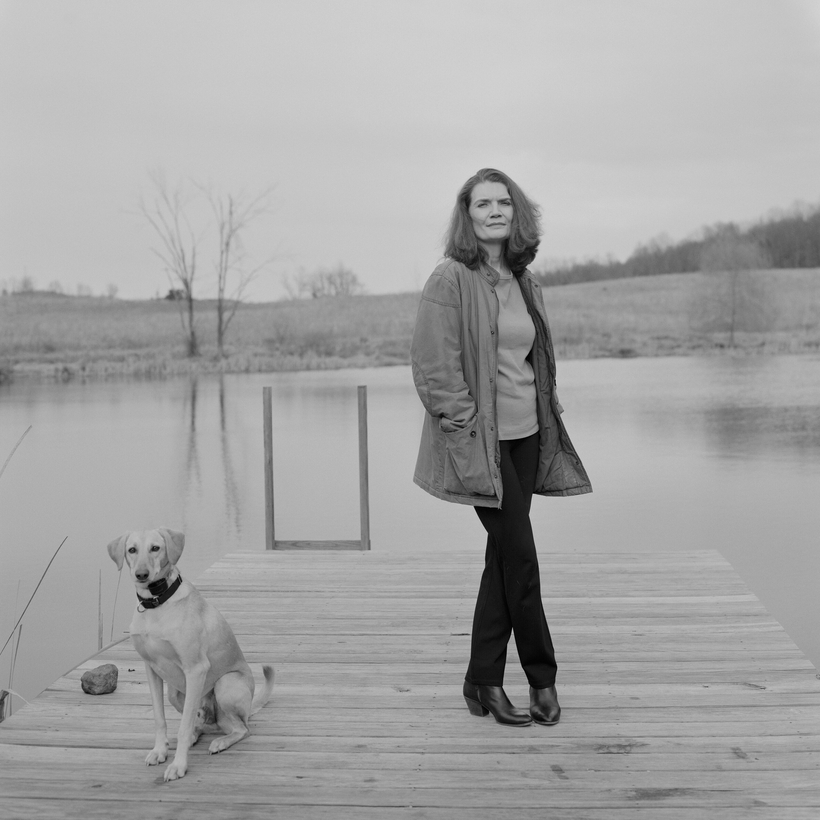In one sense, Jeannette Walls has led a charmed life. A graduate of Barnard and onetime gossip columnist, Walls wrote her first book about gossip. Her second book spent more than 10 years on the New York Times best-seller list and has been translated into nearly three dozen languages. In another sense, her life has been anything but charmed: the book was The Glass Castle, a memoir of her hard times growing up poor and with parents who were, shall we say, difficult.
Her latest book, Hang the Moon, is a novel about a resourceful and ambitious bootlegger during Prohibition and captures beautifully both the characters and setting. Any resemblance between the author and the main character is, of course, coincidental.

